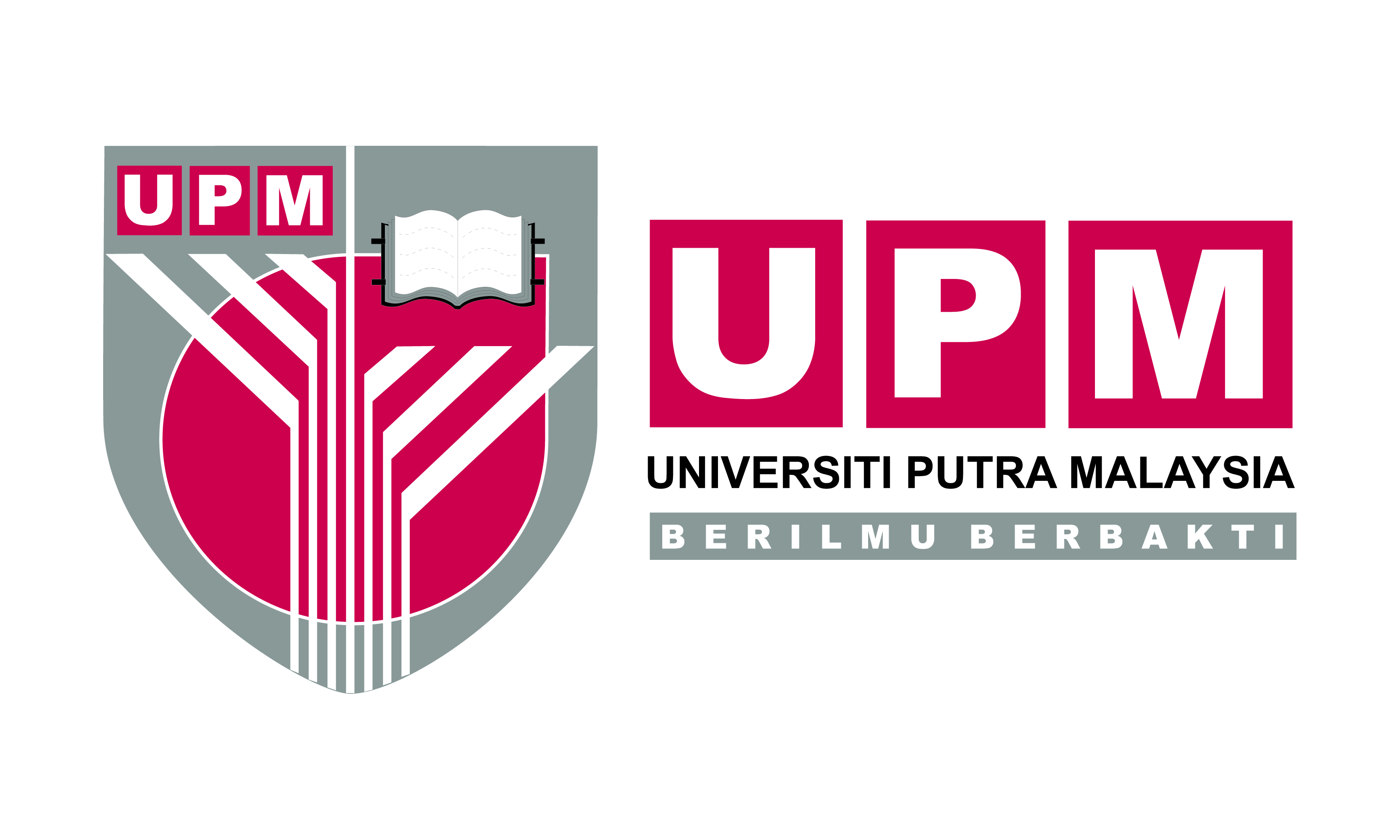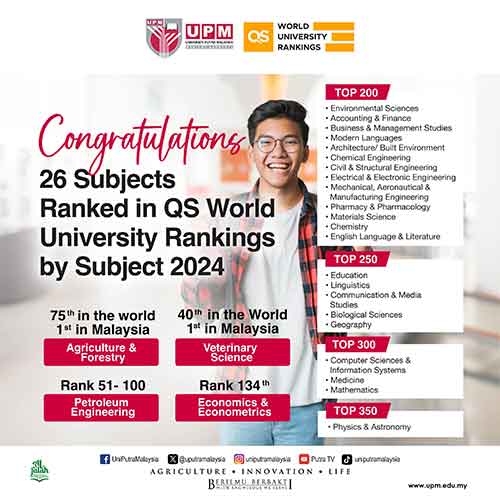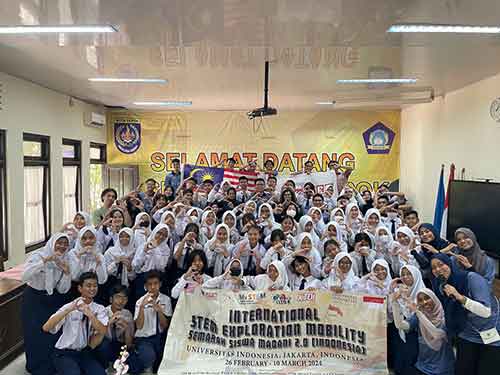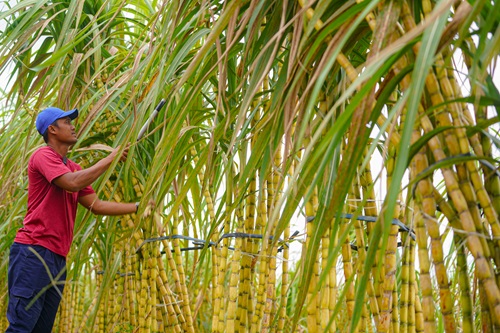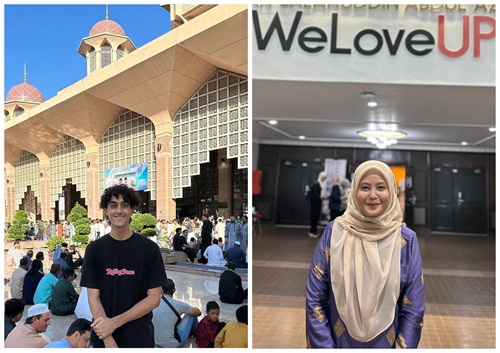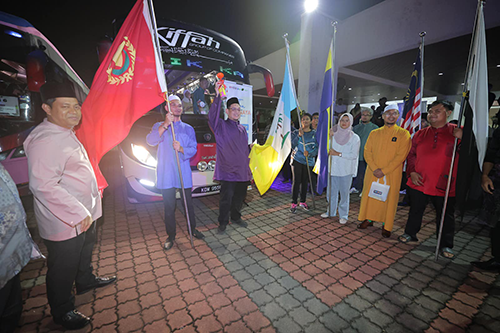By Azman Zakaria
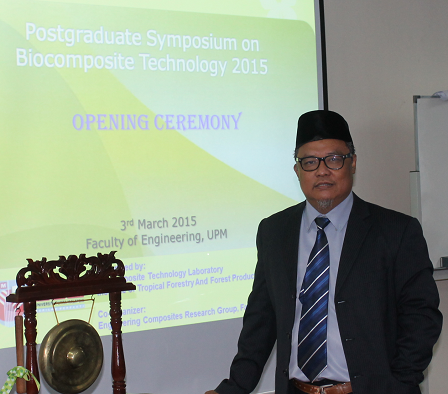
SERDANG, July 27 - Universiti Putra Malaysia (UPM) Institute of Tropical Forestry and Forest Products Biocomposite Technology Laboratory head, Professor Ir Dr Mohd Sapuan Salit has been chosen as the grant recipient for SEARCA Regional Chair for the period of 2015/2016 based on his string of successes and contributions towards sustainable agriculture and rural development in the South East Asia region.
He is the sole academic recipient from Malaysia while five other recipients are from the Philippines.
Each award recipient receives US$5,000 from SEARCA (Science and Education for Agriculture and Development) in the Philippines.
As a SEARCA Regional Professorial Chair recipient, Prof Dr Mohd Sapuan has to conduct a course for undergraduates in his field of expertise for 14 weeks.
He also has to give talks on his research titled Sugar palm fibre reinforced biodegradable sugar palm starch composites: Development and Characterization.
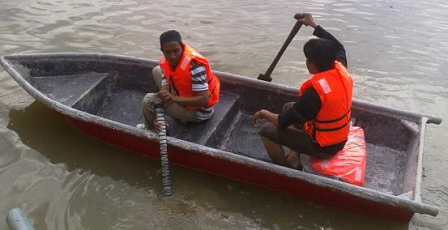
SEARCA Regional Professorial Chair was set up in 2011 to give recognition to academicians in South East Asia who make significant contributions to the field of agriculture and science agriculture.
Prof Dr Mohd Sapuan did not expect to be picked as SEARCA Regional Professorial Chair, saying he was informed through a letter by SEARCA director, Gil C. Saguiguit, Jr.
"I am grateful to have been selected and I will enhance my research for the benefit of the general public," he said.
He said his research on sugar palm starch composites was carried out on sugar palm tree (Enau tree), scientifically known as Arengapinnata, and products that could be derived from the tree.
Sugar palm fibre could be extracted from the tree when it is between five and six years old, he said, adding that sugar palm trunk was covered or wrapped with andang, a type of fibrous capillary which is either black or brown in colour, known as injuk or ijuk.
He said the tree fibre has a commercial value and can be made into house roofs and skullcaps.
He also said it could also be used to make ropes for vessels due to its durability to withstand strong sea currents and longer time to destroy.
Sugar palm fibre could also be used to make floor mats and clean water filters. It could serve as a suitable spot for fish to lay their eggs.
He said he had embarked on an effort to build a boat using sugar palm fibre and for this purpose, he will be heading towards Aceh this coming December.
In this respect, he said natural fibre resources like sugar palm has the potential to become an alternative source for synthetic fibre for use in composite polymer as reinforcing material – UPM
